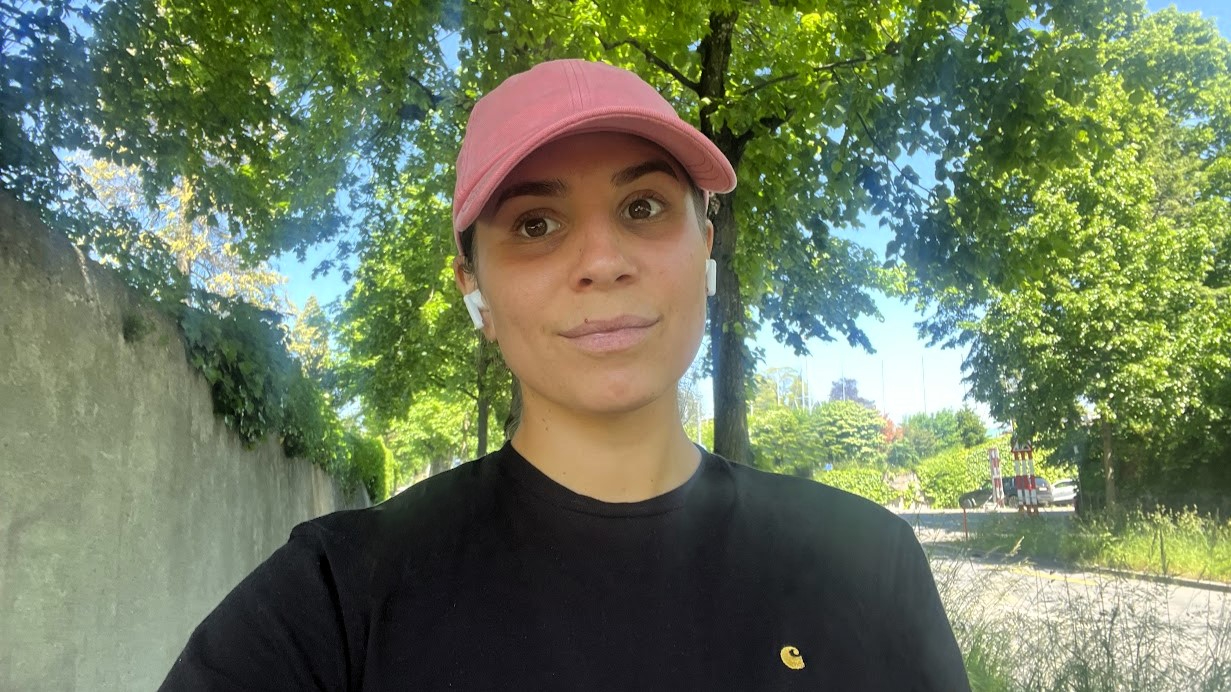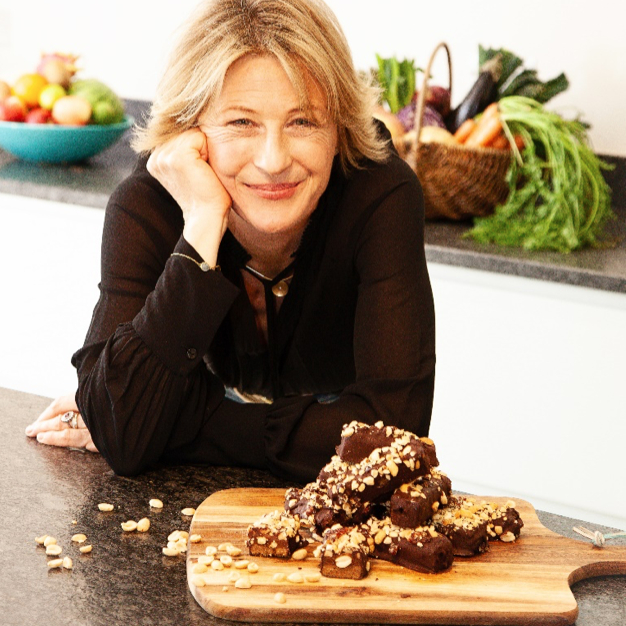I took a 15-minute walk after every meal for two weeks, and the results were impressive
From improved digestion to restored energy, walking after eating has been a game-changer for me

I fell in love with walking when the UK's COVID-19 lockdowns were in force, but now it’s an integral part of my fitness routine — and not just because it regularly gets me out of the house.
It increases the amount of non-exercise activity that I do, gives me the chance to listen to podcasts on the go, and is an opportunity to take time for myself, without distractions, on a mindful walk.
There are many other benefits of walking, but one that stood out to me was the growing evidence that a short walk after eating a meal can benefit your body and mind, so I wanted to give this a try and see how it really felt.
Research shows that just 15 minutes of walking after eating has notable benefits, such as improving sleep, reducing bloating, boosting mental health, and regulating blood sugar, according to a study published in the journal Nutrients.
With that in mind, I embarked on a two-week challenge to see if I would experience the same effects. Here’s how I got on.
What are the benefits of walking after eating?
After you eat it’s normal for blood sugar (glucose) levels to rise, due to carbohydrates and sugar being absorbed into the bloodstream. This could be from something like a bowl of pasta at dinner time, for example.
Your body releases a chemical, insulin, to bring your blood sugar levels down and ensure they’re on a more even kilter. But when your body releases a lot of insulin to deal with the increase in sugar or carbs, it can result in your blood sugar levels dipping too quickly, causing peaks and troughs throughout the day.
Start your week with achievable workout ideas, health tips and wellbeing advice in your inbox.
“Walking helps to use up some of this ‘free’ glucose, which can lower the overall blood sugar spike created from your last meal,” says Dominique Ludwig, a nutritionist and nutritional therapist and weight management specialist.

Dominique Ludwig is a nutritionist and nutritional therapist, who is also BANT, CNHC and AFMCP accredited. She specializes in female and digestive health, weight management, and DNA nutrigenetics, and is a member of the nutrition department of the Meyer Clinic in Chichester, UK.
“This is better for your metabolism and weight, as glucose can be used for fuel, rather than stored as body fat. There's also some evidence that using your skeletal muscles after a meal, like going for a walk, the mitochondria (the powerhouse in your cells) may burn more glucose to fuel your muscles," explains Ludwig.
She adds that reducing blood sugar spikes is also important for sustaining energy levels and keeping you fuller for longer. “When your blood glucose stays within a tighter range, you’re less likely to fall prey to the blood sugar roller coaster, which can make you feel constantly hungry [or tired] and cause overeating.”
What happened when I walked after every meal
I work flexibly at home, which means I’m not bound by a 9-5 day or a schedule that requires me to spend long periods at a desk, so to some degree this challenge wasn't too hard to fit in around my daily routine. That's not to say it didn't come with its own difficulties.
1. I wasn't as bloated
Pulses, beans and, vegetables feature heavily in my diet, so bloating is common (fellow vegans will be familiar), and I found that moving my body after I ate was a good solution to this, By stepping out for a 15-minute walk, my body was able to start breaking down my food quicker, which left me feeling less full and sluggish.
2. I slept better
I soon discovered that walking after my last meal of the day was the hardest. If you’re anything like me, I enjoy a big plate of food for dinner, which is usually followed by a Netflix session and therefore means I’m sedentary for the rest of the evening.
However, after a quick pep-talk with myself, I’d pull on my walking shoes and try to imagine how I’d feel afterwards — and I didn’t regret going once I got back. It takes a lot of mental strength, but it was worth it.
Walking for the third time that day, as well as sticking to my normal workout routine, meant that I’d expended a lot of energy and was able to sleep well as a result.
3. It’s not always convenient
It’s best to start walking as soon as possible, as your blood glucose levels start spiking between 60 to 90 minutes after eating, according to research published in the journal Diabetes and Metabolism.
I ate out on two occasions and also had friends round for dinner over the course of the challenge, which made it tricky to leave the table and go for a spontaneous stroll; a common problem when taking on strict challenges like these.
That said, I was determined to stick to the plan, though my post-meal walk was delayed and probably meant I didn’t meet this window. Though, as Ludwig reminded me, something was better than nothing.
4. Short walks helped break up my day
Whether I needed inspiration for my next pitch, time out to phone a friend, or wanted to make the most of the good weather, breaking up my day with short walks was positive and practical.
I felt energized and refreshed when I got home, enabling me to tackle my next project with a clear head, which is why walking is often considered one of the top low-cost self care ideas you can add to your routine.
Will I carry on walking after a meal?
I’d probably forgo a walk if I was eating at a restaurant or enjoying food with friends, but I want to keep up the post-meal strolls where I can. They fitted into my routine, did wonders for my bloating and provided the perfect opportunity to get my steps in.
I understand that work schedules and family commitments can often get in the way of exercise, so it’s handy to know that you only need to carve out a few minutes a day to get the benefits.
That's the same idea behind these five-minute workouts to build strength at home even when you're tight on time, or a 10-minute morning yoga routine for easing yourself into the day.
Daniella Gray is an experienced health and wellbeing writer, and was an Editorial Assistant and Senior Content Writer at Health & Wellbeing magazine, where she got to explore her love of food and fitness. She holds a degree in Print Journalist from Nottingham Trent University and a NCTJ qualification.